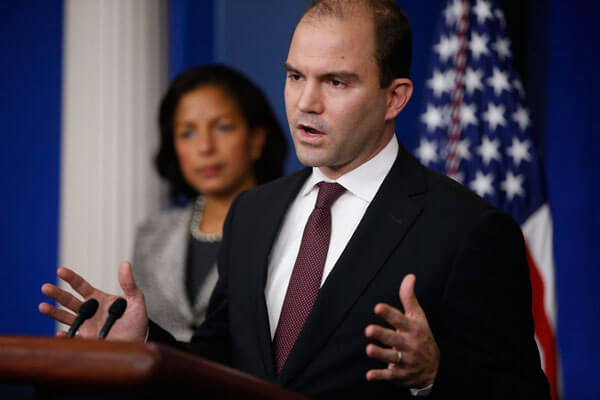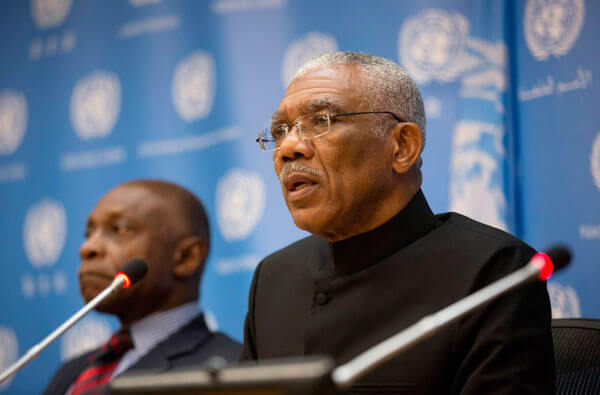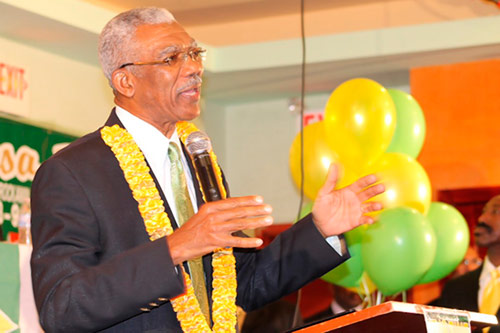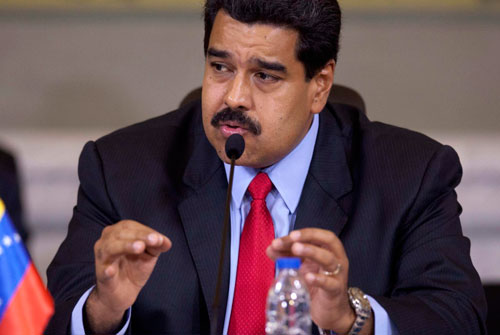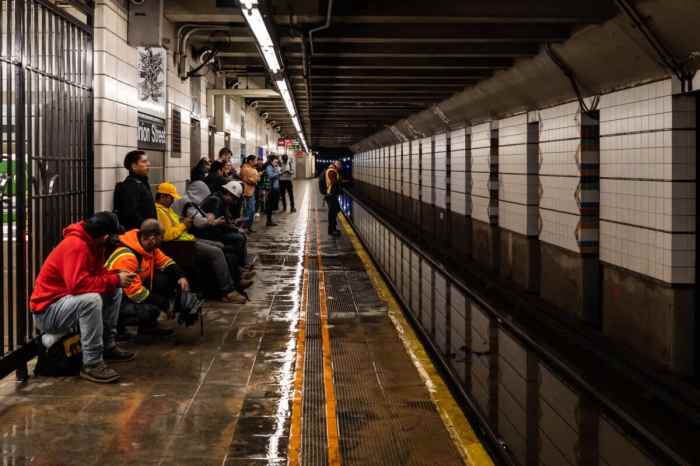Even as concerns swirl about the continuation of the PetroCaribe oil agreement between Venezuela and Caribbean Community (CARICOM) countries, Antigua and Barbuda says the agreement “will continue in its current form.”
An Antigua and Barbuda government statement says the country recently participated in the 9th Ministerial Meeting of PetroCaribe and the Summit of Heads in Caracas, the Venezuelan capital, and that “the meeting agreed that the PetroCaribe program will continue in its current form as countries seek to explore new ways of economic cooperation and social development.
“Participating countries also agreed to a Memorandum of Understanding that outlines the terms and conditions, which will enable the parties to assess jointly the proposals for the establishment of a PetroCaribe Economic Zone.”
Antigua said Summit heads further agreed to establish an ad hoc working group that will assess regulations related to regional economic integration, analyze underutilized comparative advantages in the region and gather the necessary information for conducting a feasibility study on the proposed economic zone.
Summit heads also agreed to exchange experiences related to regional integration initiatives and include them in the development of the proposed economic zone, according to the statement.
Antigua and Barbuda, along with nine other CARICOM countries, are members of the PetroCaribe program. Antigua said more than 7, 500 of its nationals are benefiting from the program.
Assurance about the continuation of the PetroCaribe agreement comes as concerns were expressed in some quarters that the program will be halted with the death of Venezuelan President Hugo Chavez in March. He succumbed to cancer after a long battle.
The future of the program had become particularly relevant as Venezuelans prepared to vote for a new leader on April 14. Nicolás Maduro, who served as foreign minister before Chavez appointed him vice president last year, was elected to succeed him.
Amid a tough economy, opposition presidential candidate Henrique Capriles had said, if elected, he would scrap the PetroCaribe program that provides crude to the countries but allows a two to three-year grace period.
Under PetroCaribe, payments are stretched over 17 to 25 years at 1 percent interest. Caracas said the intent was designed to allow Caribbean countries to put the savings into programs to develop their respective economies.
Maduro had campaigned on a pledge to fulfill Chavez’s vision of a “21st century revolution” in South America’s largest oil producer.
During his 14 years in power, Chavez tapped the world’s biggest oil reserves to help cut poverty to 29.5 percent in 2011 from 48.6 percent in 2002, according to the United Nations.


















